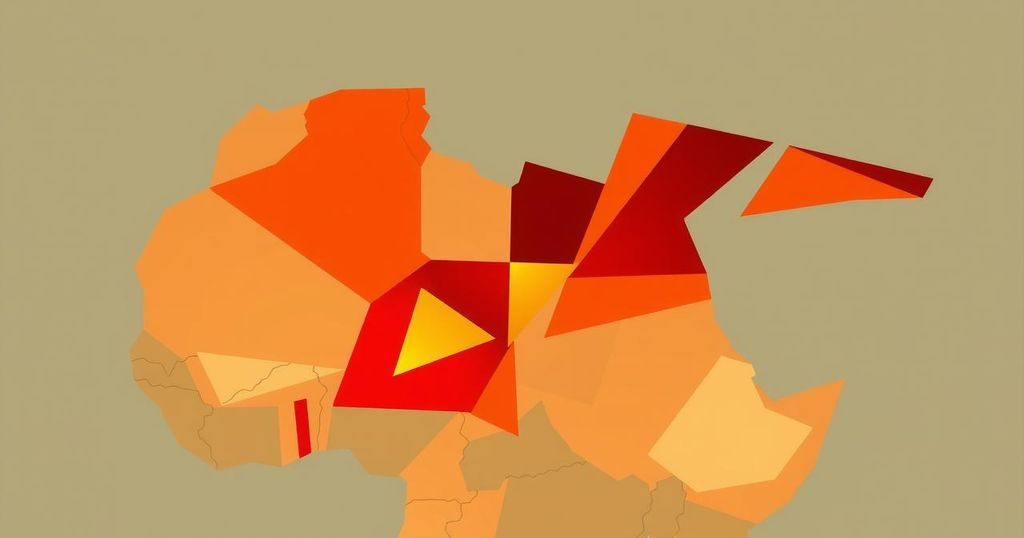Togo is considering joining the Alliance of Sahel States (AES) to enhance regional cooperation and trade, particularly in accessing ports for landlocked nations. Analysts believe this move could strengthen military collaboration against jihadist threats and potentially shift Togo’s geopolitical stance away from ECOWAS. However, there are concerns regarding the implications for democracy and governance in the region.
Togo is actively exploring membership in the Alliance of Sahel States (AES), a coalition of junta-led nations which includes Mali, Burkina Faso, and Niger. This alliance, established originally as a defense pact in 2023, is now looking to deepen regional cooperation. Togo’s Foreign Minister Robert Dussey recently stated that joining the AES is a possibility that could improve access to a vital port, significantly benefiting these landlocked nations.
Access to a port is essential for Mali, Burkina Faso, and Niger, especially as they face challenges from jihadist groups. Due to tensions with neighboring Ivory Coast and Benin, which are perceived to have close ties with Western powers, the aforementioned countries have begun relying on Togo’s port in Lomé for trade. Analysts suggest that Togo’s inclusion in the AES could facilitate improved trade and economic cooperation, paving the way for access to resources such as Nigerien oil.
Moreover, Togo’s potential membership may enhance military collaboration and intelligence sharing among regional partners. The rise of jihadist activity in northern Togo underscores the importance of these alliances, as AES members strive to regain sovereignty following coups in the Sahel region. Togo’s support for the AES agenda aligns with a growing regional trend away from Western influence and further towards partnerships with countries like Russia.
Political analysts highlight that Togo’s engagement with the AES could serve both regional cooperation and Togo’s internal political strategy. President Faure Gnassingbé is viewed as benefiting from promoting pan-Africanism, appealing to public sentiment in the face of opposition to a newly adopted constitution criticized for enabling him to maintain power indefinitely.
Moreover, some opposition figures caution that integrating with the AES could diminish Togo’s commitment to the Economic Community of West African States (ECOWAS). Critics argue that this shift may grant the Gnassingbé regime immunity from ECOWAS standards concerning governance and civil liberties, especially as Mali, Niger, and Burkina had previously distanced themselves from ECOWAS.
Despite these concerns, experts suggest that Togo could maintain dual membership in both ECOWAS and the AES, viewing alliances as collaborative partnerships rather than absolute commitments. The strategic significance of Lomé’s port remains crucial for Togo, reinforcing its ties with both regional bodies while navigating new alliances. However, Togo’s alignment with the AES could potentially exacerbate challenges within ECOWAS, leading to a more fragmented regional landscape.
In conclusion, Togo’s interest in joining the Alliance of Sahel States represents a strategic maneuver that could enhance its regional influence and trade opportunities, particularly through access to vital ports. While offering potential benefits, such a shift raises significant implications for its relationship with ECOWAS and the broader political landscape within West Africa. The balancing act of participating in both alliances may define Togo’s diplomatic future and regional dynamics.
Original Source: thedefensepost.com






